.jpg)
Last Updated At: 04-Mar-2024
Top 10 Famous Temples In Ladakh | Must Visit In 2024
Have you ever experienced the mystical charm of high-altitude temples? Ladakh, with its stunning landscapes and spiritual aura, is home to some of the most serene and famous temples in Ladakh. These sacred sites are not just places of worship but are deeply rooted in the region's history and culture. Journey through the serene valleys and rugged mountains to explore ancient monasteries, vibrant festivals, and breathtaking views.
The history of Ladakh is intertwined with Buddhism, which is reflected in its many temples and monasteries, each telling a story of faith and tradition. Major highlights include the Hemis Monastery, known for its grand annual festival, and the serene Thiksey Monastery, which offers panoramic views of the Indus Valley. Activities like meditation, attending prayer ceremonies, and exploring nearby villages make for a fulfilling visit. The best time to visit is from May to September when the weather is pleasant. Leh Kushok Bakula Rimpochee Airport is the nearest airport, making Ladakh accessible to travelers seeking peace and adventure.
List Of 10 Famous Temples In Ladakh
Stepping into Ladakh's temples is akin to wandering through portals of timeless devotion, where the air resonates with ancient whispers and the soul finds solace in the embrace of sacred beauty. Each temple visit is a pilgrimage into the heart of Ladakh's spiritual tapestry, where harmony and heritage beautifully intertwine.
- Hemis Monastery - Where history whispers through ancient walls
- Thiksey Monastery - A spiritual haven amidst towering peaks
- Diskit Monastery - Monastic serenity in the heart of the desert
- Alchi Monastery - Artistry and spirituality intertwined in stone
- Shey Monastery - Echoes of devotion in the lap of nature
- Lamayuru Monastery - Mystical charm amidst lunar landscapes
- Likir Monastery - Where tranquillity and tradition harmonise
- Phyang Monastery - A sanctuary of faith in the wilderness
- Stakna Monastery - A spiritual retreat with panoramic grace
- Spituk Monastery - Perched above, guarding ancient wisdom
1. Hemis Monastery - Where history whispers through ancient walls
Hemis Monastery, nestled in the rugged terrain of Ladakh, stands as a living testament to centuries of spiritual devotion and cultural heritage. Its ancient walls echo with the whispers of history, offering a profound glimpse into the past. The monastery's intricate architecture, vibrant murals, and revered artefacts create an ambience of reverence and awe. As one explores its hallowed halls, a sense of timelessness takes hold, connecting visitors to the rich tapestry of traditions that have thrived within these sacred walls for generations.
- Historical Background. Founded in the 17th century, Hemis is one of Ladakh's oldest and largest monasteries, preserving a rich legacy of teachings and art.
2. Thiksey Monastery - A spiritual haven amidst towering peaks
Thiksey Monastery, a spiritual haven nestled amidst Ladakh's towering peaks, exudes an aura of serenity and reverence. Perched on a hill, it's golden spires and whitewashed walls command breathtaking panoramic views of the surrounding landscape. Within its walls, monks chant ancient verses, and the air is thick with the scent of incense. Intricate frescoes, statues, and scriptures adorn its prayer halls, narrating tales of devotion. As sunlight filters through its windows, a tranquil ambience prevails, inviting visitors to immerse in contemplation. Thiksey Monastery is not just a place of worship, but a doorway to a profound spiritual connection, embracing the Himalayan splendour.
- Historical Background. Established in the 15th century, the Thiksey monastery reflects the Gelugpa order's influence and offers insights into Ladakh's spiritual evolution.
3. Diskit Monastery - Monastic serenity in the heart of the desert
Diskit Monastery, an oasis of monastic serenity, emerges like a mirage in the heart of the desert landscape of Ladakh. Its whitewashed walls and towering Buddha statue offer a tranquil contrast against the rugged surroundings. Within its walls, the resonant chants of monks intertwine with the whisper of the wind. Ancient scriptures, colourful murals, and prayer flags adorn its interiors, encapsulating the essence of Buddhist teachings. As sunlight bathes the golden peaks, a sense of harmony and introspection permeates, reminding visitors that even in the arid vastness, spiritual enlightenment flourishes within Diskit Monastery's sacred embrace.
- Historical Background. Diskit, dating back to the 14th century, carries the essence of desert spirituality and stands as a testament to endurance in harsh terrain.
Also Read: treks in ladakh
4. Alchi Monastery - Artistry and spirituality intertwined in stone
Alchi Monastery, a mesmerizing gem in Ladakh's spiritual crown, weaves artistry and spirituality into the very fabric of stone. Its ancient halls showcase intricate sculptures and vibrant murals, narrating tales of devotion and enlightenment. Perched on the banks of the Indus River, the monastery exudes a timeless aura, where each chiselled figure seems to breathe life into the rock. Amidst the tranquil landscape, Alchi stands as a testament to the harmonious union of human creativity and divine connection. Its walls resonate with the whispered prayers of generations, offering a glimpse into the fusion of art and reverence that defines this sacred sanctuary.
- Historical Background. Alchi, built in the 10th century, boasts intricate murals and sculptures that depict the transition from Kashmiri to Ladakhi artistic styles.
5. Shey Monastery - Echoes of devotion in the lap of nature
Shey Monastery cradled in the lap of nature, echoes with the reverent devotion of ages past. Nestled against the breathtaking backdrop of Ladakh's rugged beauty, it exudes a serene ambience that transcends time. The monastery's ancient walls house intricate murals and sculptures that depict tales of spiritual significance. Amidst the tranquil landscape, one can feel the pulse of devotion resonating through every stone and prayer flag. Shey Monastery stands as a poignant reminder of the deep connection between humanity and the natural world, where echoes of heartfelt reverence intertwine harmoniously with the winds and rivers that surround it.
- Historical Background. With origins in the 17th century, Shey Monastery is intertwined with the erstwhile Ladakhi royal dynasty, radiating devotion amid nature's splendour.
6. Lamayuru Monastery - Mystical charm amidst lunar landscapes
Lamayuru Monastery, ensconced within Ladakh's lunar-like landscapes, exudes a mystical charm that captivates the soul. Perched atop a rugged hill, it overlooks a terrain that mirrors an extraterrestrial realm. The monastery's ancient architecture, with its intricate motifs and prayer wheels, transports visitors to a different realm of spiritual contemplation. As sunlight dances upon the arid expanse, Lamayuru's serene ambience evokes a sense of otherworldly connection. Amidst this barren beauty, the monastery stands as a beacon of faith and tranquillity, a testament to the enduring power of spirituality to flourish even in the most ethereal and enigmatic of surroundings.
- Historical Background. Rooted in the 11th century, Lamayuru's timeless presence echoes within moon-like landscapes, inspiring pilgrims and wanderers alike.
7. Likir Monastery - Where tranquillity and tradition harmonise
Likir Monastery, a sanctuary of serenity, beautifully harmonizes tranquillity and tradition. Nestled within Ladakh's picturesque landscape, it exudes an aura of calm that embraces all who enter. The monastery's age-old walls house treasures of Buddhist art and philosophy, while its serene courtyards invite introspection. As prayer flags flutter against the backdrop of majestic peaks, Likir's ambience resonates with the gentle blending of ancient rituals and timeless stillness. Here, the balance between spiritual heritage and serene landscapes creates a space where the heart finds solace, and the soul finds a tranquil refuge in the embrace of harmonious tranquillity.
- Historical Background. Founded in the 11th century, Likir harmoniously combines serene surroundings and tradition, reflecting the serene teachings of Buddhism.
8. Phyang Monastery - A sanctuary of faith in the wilderness
Phyang Monastery, founded in the 16th century, emerges as a sanctuary of unwavering faith amidst Ladakh's rugged wilderness. Its tranquil surroundings and traditional architecture provide a spiritual haven for seekers and pilgrims alike. Perched majestically atop a hill, Phyang exudes an aura of serenity, inviting introspection and reverence. Intricate murals, sculptures, and sacred relics within its walls narrate tales of devotion and enlightenment. As sunlight bathes the landscape, this monastery's essence as a sanctuary becomes tangible, offering a profound connection to the heart of Ladakh's spiritual heritage, where the wilderness itself seems to bow to the enduring power of faith.
- Historical Background. Emerging in the 16th century, Phyang Monastery serves as a sanctuary of faith, embracing the mystical spirit of Ladakh's wilderness.
9. Stakna Monastery - A spiritual retreat with panoramic grace
Stakna Monastery, perched majestically in Ladakh's embrace, is a spiritual haven offering panoramic grace. Overlooking the Indus River, its serene aura and timeless architecture invite contemplation. Ancient scriptures and vibrant murals adorn its interiors, narrating tales of devotion. The monastery's vantage point reveals sweeping vistas of mountains and valleys, infusing each moment with a sense of awe-inspiring wonder. Stakna's tranquil courtyards, prayer halls, and sacred sanctum harmonize to create a retreat where spirituality and nature converge. Amidst this breathtaking panorama, visitors find solace, their spirits lifted by the monastery's serene embrace and the expansive beauty that unfolds before them.
- Historical Background. Established in the 16th century, Stakna's spiritual retreat atop a hill allows seekers to connect with panoramic vistas and introspection.
Also Read: ladakh tourist places
10. Spituk Monastery - Perched above, guarding ancient wisdom
Spituk Monastery, poised high above Ladakh's landscape, stands as a sentinel safeguarding ancient wisdom. Its elevated position offers a commanding view of the region, symbolising a protector of spiritual heritage. The monastery's weathered walls and sacred relics are a testament to the passage of time and the resilience of tradition. As monks' chants resonate in the thin mountain air, Spituk's aura exudes a sense of timeless devotion. With each prayer flag that flutters in the wind, the monastery's role as a guardian of profound teachings becomes evident, reminding all who visit of the enduring power of wisdom amid the grandeur of nature.
- Historical Background. Dating back to the 15th century, Spituk's elevated position guards ancient wisdom while offering insights into Ladakh's spiritual lineage.
Read more: Things To Do In Ladakh
When is the best time to visit Ladakh?
The best time to visit Ladakh and explore its beautiful temples is during the summer months, from May to September when the weather is relatively pleasant and the roads and passes are open for travel. This period allows you to explore Ladakh's stunning landscapes, monasteries, and attractions without the extreme cold and heavy snowfall that characterize its harsh winters. The summer months offer clear skies, warmer temperatures, and the opportunity to participate in various cultural and adventure activities. However, it's important to note that Ladakh experiences high-altitude conditions, so it's advisable to acclimatize properly and be prepared for temperature fluctuations even during the summer.
Embark on a Spiritual Odyssey in Ladakh's Enchanting Temples! Discover ancient wonders with adotrip.com. Unveil serenity, culture, and breathtaking landscapes. Book your Ladakh temple tour today!
Conclusion
Ladakh is not just a destination; it's an experience that stays with you long after you've returned from the journey. The famous temples in Ladakh offer a unique combination of spiritual awakening, cultural immersion, and natural beauty. Visiting these sacred sites provides a deeper understanding of the region's heritage and the opportunity to reflect and find peace. Plan your trip during the summer months for an ideal experience in this majestic land.
Plan your trip with Adotrip today. Enjoy a wealth of information, end-to-end travel assistance and BOOK Flights, Hotels, and Tour Packages under one roof.
With Adotrip, nothing is far!
Book Ladakh Tour Packages
Frequently Asked Questions Related to Temples in Ladakh
Q1. What are the most revered temples to visit in Ladakh?
A1. Here is the list of some of the most revered temples in Ladakh:
- Hemis Monastery - Where history whispers through ancient walls
- Thiksey Monastery - A spiritual haven amidst towering peaks
- Diskit Monastery - Monastic serenity in the heart of the desert
- Alchi Monastery - Artistry and spirituality intertwined in stone
- Shey Monastery - Echoes of devotion in the lap of nature
- Lamayuru Monastery - Mystical charm amidst lunar landscapes
- Likir Monastery - Where tranquillity and tradition harmonise
- Phyang Monastery - A sanctuary of faith in the wilderness
- Stakna Monastery - A spiritual retreat with panoramic grace
- Spituk Monastery - Perched above, guarding ancient wisdom
Q2. Can I learn about the historical and religious significance of the temples in Ladakh?
A2. Yes! Delving into the historical and religious significance of temples in Ladakh offers a rich and enlightening perspective.
Q3. Are the temples in Ladakh easily accessible by road or public transport?
A3. Yes, the temples in Ladakh are generally accessible by road and public transport, providing an immersive cultural journey.
Q4. Are photography and videography allowed inside the temples in Ladakh?
A4. Photography and videography policies may vary, but many temples in Ladakh do permit capturing the spiritual and artistic essence within their sacred walls.
Q5. What are the best times to visit the temples in Ladakh for festivals or special events?
A5. The best times to visit Ladakh's temples for festivals or special events are during the vibrant and culturally significant periods they celebrate.
Q6. Are there any nearby attractions or natural wonders to explore along with the temples in Ladakh?
A6. Exploring Ladakh's temples presents a unique opportunity to also marvel at the breathtaking natural wonders and nearby attractions that grace the region.
Q7. Can I find accommodations or guesthouses near the temples for overnight stays?
A7. Yes, accommodations and guesthouses are often available in close proximity to the temples in Ladakh, providing convenient options for overnight stays.
Q8. Are there any specific customs or rituals to observe while visiting the temples in Ladakh?
A8. While visiting Ladakh's temples, it's respectful to observe local customs and engage in serene rituals, fostering a meaningful connection to the spiritual ambience.
Q9. How do the temples reflect the unique cultural heritage of Ladakh?
A9. The temples in Ladakh reflect the unique cultural heritage through their intricate architecture, vivid murals, and profound rituals, encapsulating centuries of spiritual and artistic expression.
Q10. Are there any restrictions on entry for non-Hindu visitors at the temples?
A10. Non-Hindu visitors are usually welcome to explore Ladakh's temples, although it's advisable to be respectful of the sacred atmosphere and local customs.
--- Published By Adotrip
Latest Blogs

Long Weekends In India 2025 - List of Holidays

Kazakhstan Travel Guide 2025: Affordable Luxury, Visa Free E...
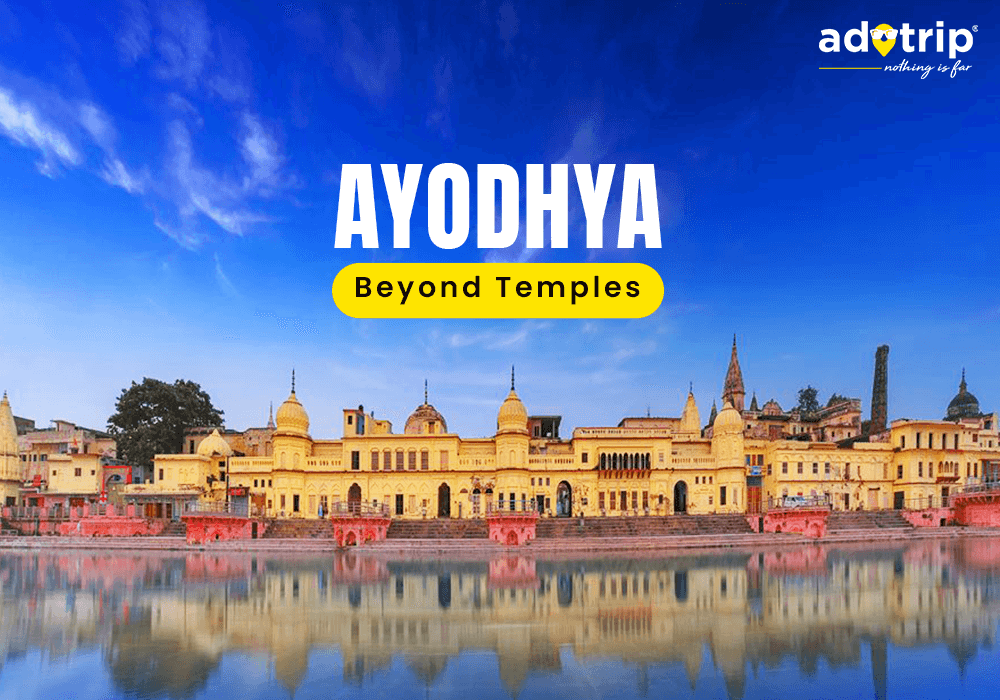
Think Ayodhya is Just Temples? Discover Its Hidden Artistic...

Why Azerbaijan is the Best Budget Friendly Alternative to Sw...
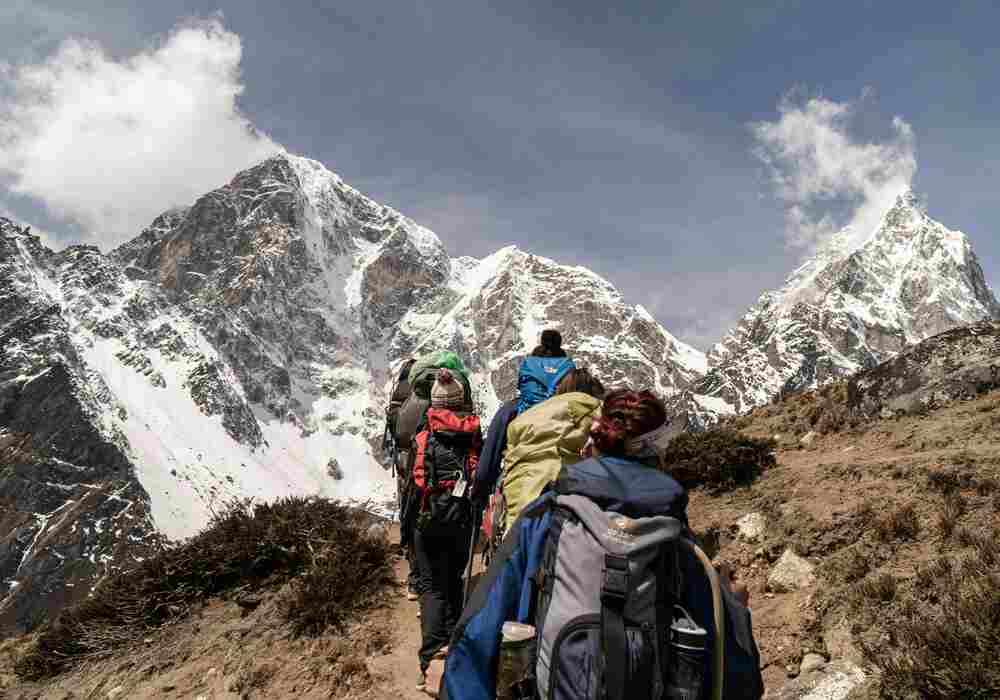

.jpg)
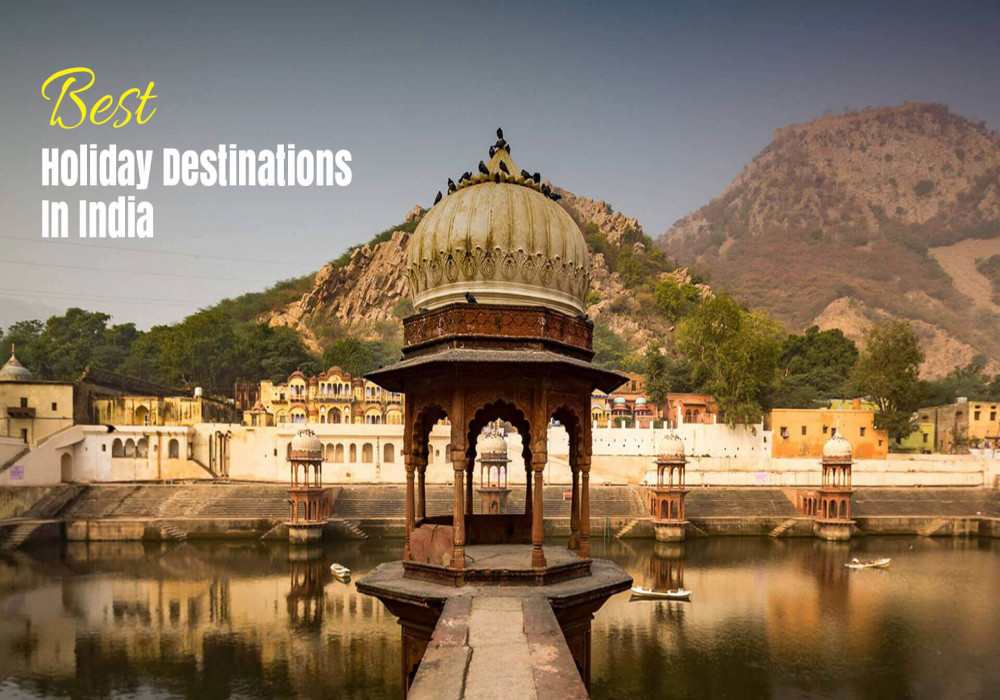
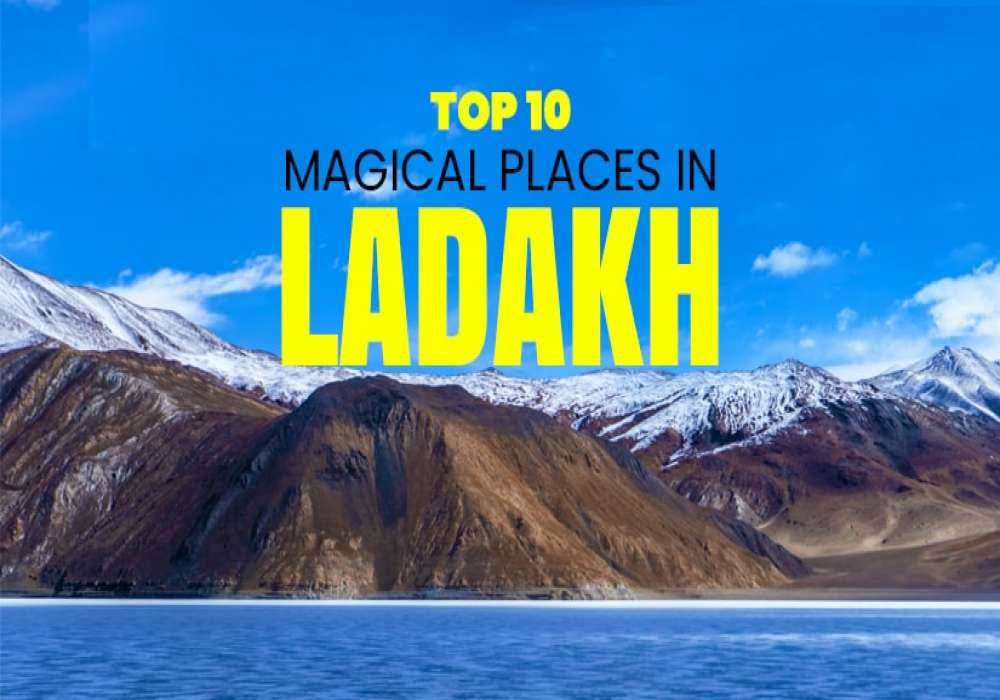
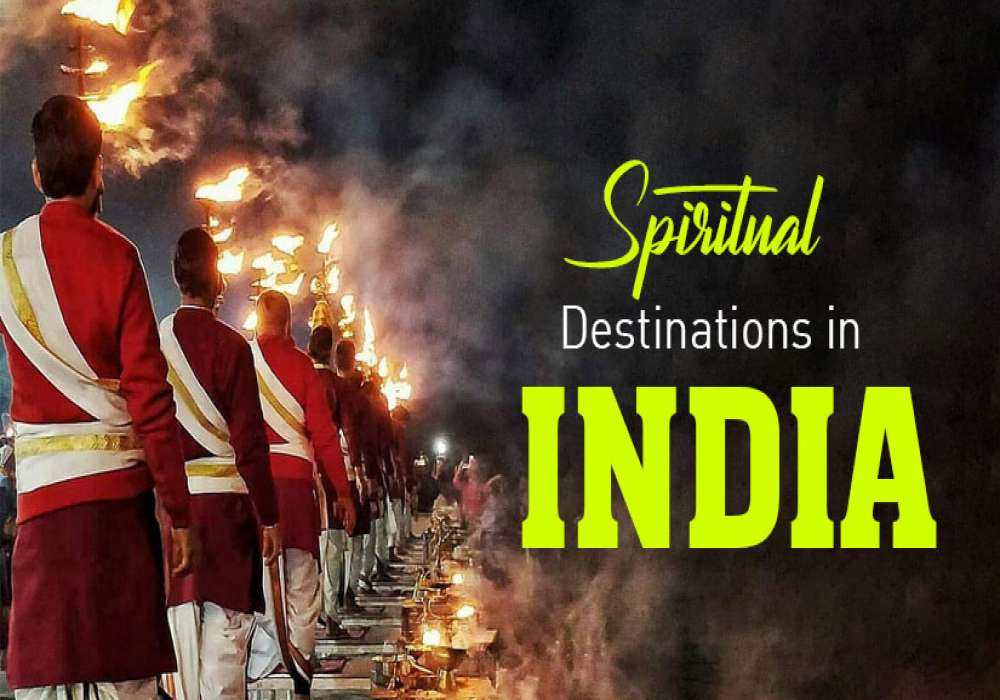

.jpg)

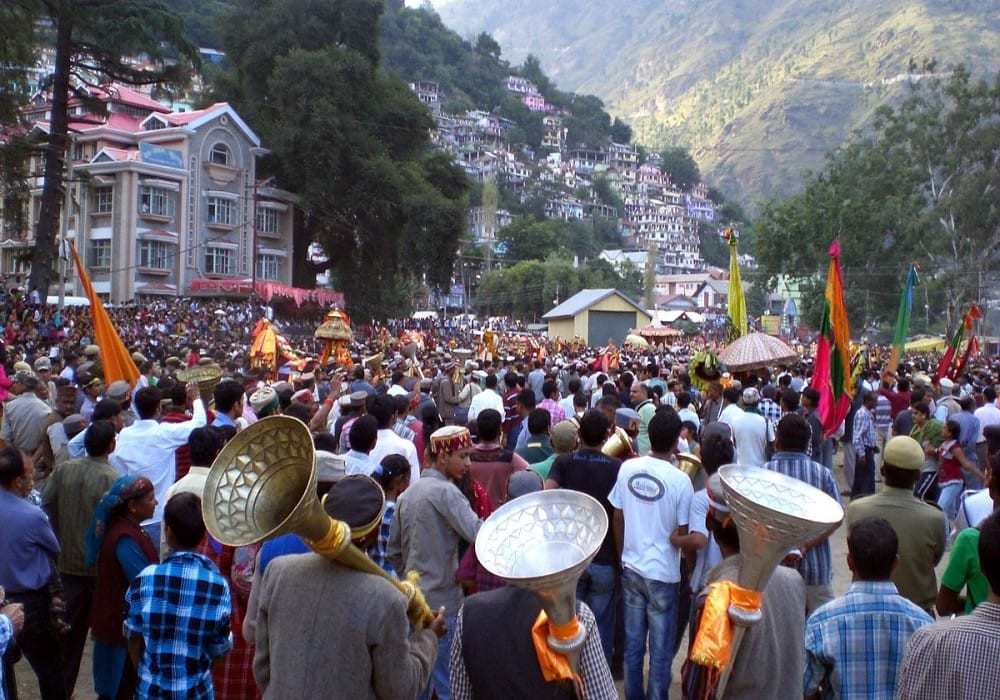



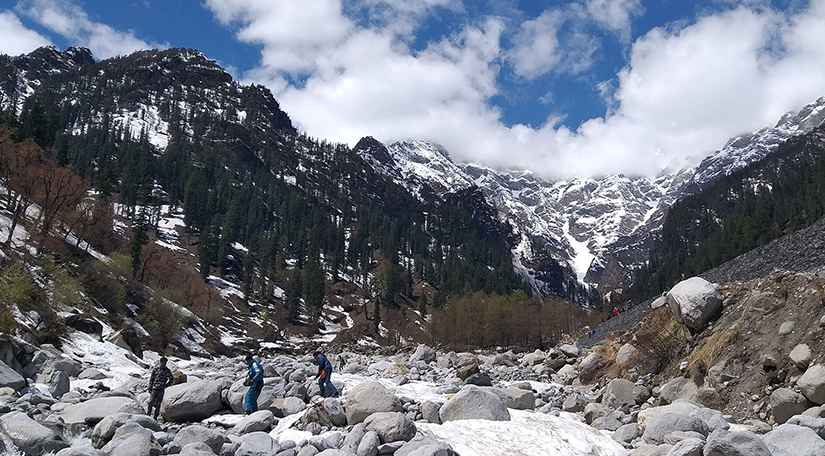
 Dubai
Dubai Malaysia
Malaysia USA
USA





